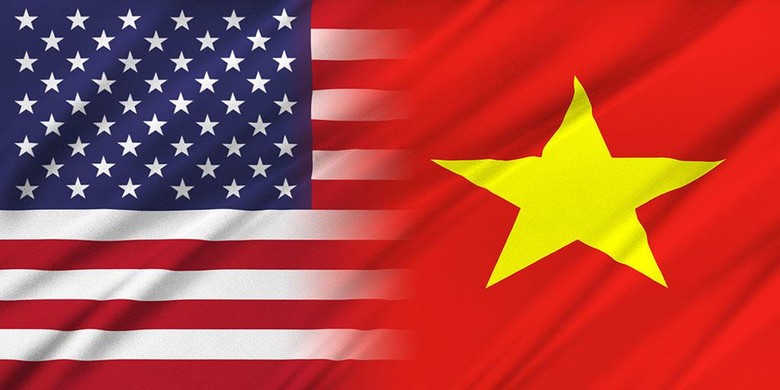
According to the new article in Geopolitical Monitor, among economists and health professionals, there’s cautious optimism that the pandemic may recede during 2022 as vaccination rollouts continue.
This bodes well for trade relations between the U.S. and Vietnam since the health storm’s arrival, now in its second year, disrupted supply chains, manufacturing, and trade flows between the former enemies and now comprehensive partners.
Vietnam’s 98 million citizens have experienced the rising tide of benefits from globalization. Over the past three decades, through its economic reforms and integration with world markets, Vietnam transitioned from one of the poorest nations to a middle- income economy in just one generation. The Vietnam shift to a socialist-oriented market economy offered the trajectory for this meteoric jump and it was fueled by the jobs created by Vietnam’s booming export market, especially with the U.S.
U.S. foreign investment also helped propel Vietnam’s economic engine when the country first opened up its cheap labor market to investors. Over the past decade, Vietnam became a major manufacturing center in Asia and is listed among the top ten trading partners for the U.S.
The country is widely recognized as a major exporter of electronics and apparel. For example, Nike, a global brand, now produces almost 50% of their shoes in Vietnam, with Adidas following close behind. Vietnam’s manufacturing base is not limited to just textiles and apparel. Phone and components exports, at $45 billion, already exceed footwear and textile exports combined.
Vietnam’s skilled and low-cost workers, good infrastructure, stable government, and tax-free zones are just what U.S. multinational companies are looking for when scouting locations for factories. Vietnam exports to America totaled $77.07 billion during 2020, according to the United Nations COMTRADE database on international trade, with mobile phones at $18 billion and integrated circuits rounding up at $15.5 billion.
This expansion of bilateral trade has resulted in a major increase in America’s trade deficit with Vietnam. That deficit rose to $56.6 billion in 2020, while a decade earlier it was only $9.4 billion. One year ago, when the Biden administration moved into 1600 Pennsylvania Avenue, Vietnam had been accused of unfair trade practices, including an allegation of currency manipulation. By the summer 2021, Washington determined that no tariff action against Vietnam was warranted after its Central Bank agreed with the U.S. Treasury not to manipulate its currency for an export advantage.
Michael Martin, adjunct fellow at the Center for Strategic & International Studies (CSIS) an Asia economics and trade policy expert, sees opportunities for improved trade relations. “I see a common ground in developing a framework for trade relations between the two nations, and in the region, that moves international trade beyond the archaic Bretton-Woods System while offering an alternative Comprehensive and Progressive Agreement for Trans-Pacific Partnership (CPTPP) or the Regional Comprehensive Economic Partnership (RCEP). Whether that is done via a bilateral trade agreement or by a regional agreement, the status quo seems inherently unstable.”
According to Congressional Record Service reports, the U.S. bilateral trade deficit with Vietnam will likely continue to increase, particularly as the effects of the CPTPP and RCEP alter regional trade flows. The Bilateral Trade Agreement (BTA) requires updating and that process would serve to address outstanding bilateral issues.
There’s also the option of launching a new bilateral initiative by strengthening the 2007 Trade Investment Framework Agreement (TIFA) that would serve to establish common goals and stimulate further commercial engagement.
Meanwhile, Vietnam’s relationship with China remains complex and troubled. Beijing makes it clear by its actions and rhetoric, that it finds the current global trade framework unacceptable. Since their efforts to make reforms were rejected by the U.S. and others, they are actively developing an alternative that it finds preferable. Although China has introduced major economic reforms, many policy observers, question Beijing’s support for liberal economic development.